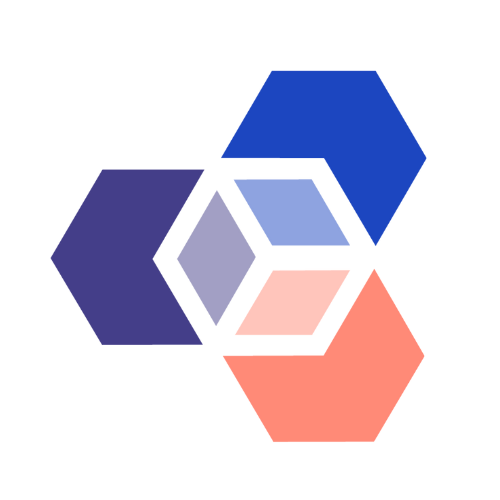Research in assessment practice points to an emphasis on summative assessment to test learner knowledge. However, this assessment strategy does not necessarily develop knowledge and skills. In fact, a strategic approach by learners to only engage with knowledge that will specifically apply to summative tasks creates a shallow approach to learning. It is a strategy that can disable a learner’s ability to apply knowledge to a range of contexts or to engage with deeper level tasks. What is important is feedback that allows learners to prepare for assessment by reflecting on it to create personalised strategies for learning.
Formative assessment
Formative assessment enables this process and creates dialogues that are exploratory, informative and encourages learners to practice new methods of engaging with subject tasks (with guidance). It is assessment that creates such territory that is most effective because it involves the learner in the process of learning and to consider how they can develop responses accordingly. Engaging learners in the process of learning and facilitating the development of skills and approaches before summative assessment occurs is more than valuable. This is because it creates learners who are best placed to respond to summative tasks to reach higher attainment levels. Therefore, it is no wonder that academic research points to a shift, or re-balancing, of formative assessment in relation to summative with wider use of formative assessment advocated (Gibbs, Hakim and Jessop, TESTA in 2014: A way of thinking about assessment and feedback, P.22).
Gibbs is clear that formative feedback should be ‘useful and meaningful’ (Gibbs, 2010). As well as receiving plenty of opportunities to obtain this, he is clear to point out that it should be ‘forward thinking’ (Gibbs, 2010), in that it directs learners to a similar task so that they can apply what has been learned. This ability for assessment to enable learners to look forward whilst developing awareness of skills through dialogue is an essential component of learning. If this doesn’t occur at a formative stage, then the meaning of developmental learning is lost somewhat. And without tasks to support this, the educational context can seem empty and uninterested in the development of learning potential.
Transparency
Transparency is also important when preparing learners for success. This is particularly the case with learning outcomes that build a framework for students to experience subject knowledge and an educational space. It is important that learners are aware of how these operate and how they can use such a framework to test out their knowledge, discuss it and become more familiar with it to adapt their learning and sense of self within that framework. Higher Education Academy research has shown that a greater emphasis on written instruction does not necessarily facilitate this, but it is through an exchange of dialogue that understanding occurs (as an exchange of communication from tutor to student and from peer to peer). This has bearings on the ways in which learners come to understand how they are to be judged and graded. If the space that exists between the production of tasks and the comprehension of grades and feedback is too unclear, then a connection to learning is more unstable. It would seem, therefore, that emphasising subject knowledge only in the production of learning misses the process of learning.
Designing assessment for learning
So, what does this mean to the design of learning? Tasks and activities that allow learners to reflect on learning outcomes, the framework in which they are to be judged and the ways in which tutors’ construct expectations of learners are fundamental. This needs to be understood by students and appropriate strategies of learning should encompass this. As well as discursive arena’s, learner understanding of criteria by inclusion in peer assessment and self-assessment can be helpful. It is important that learners also have the chance to reflect on feedback and use it appropriately in a safe space before summative assessment occurs. Language used for these purposes needs to be transparent, understandable by learners and informative. Learning tasks should also give learners the opportunity to gain appropriate knowledge in an appropriate context. For example, to discuss a concept can be a worthwhile independent activity but the facilitation of group discussion can enhance understanding and the concept of discussing: important for employability and transferrable skills. Incorporating activities that promote reflection on thinking, awareness as a learner, tutor feedback, subject and experiential perspective, helps to create a student-centred learning journey which can be used in both formative and summative assessment tasks.
Conclusion
By understanding the range of opportunities open to learners through the process of assessment, there are considerable advantages to the learner journey that will best prepare learners for success. In the process, the enhancement this generates is fundamental to student experience. Not only does this promote wider engagement in learning and subject knowledge, but also enables learners to prepare for employment by applying knowledge through a range of contexts and developing strategies to problem solve effectively. As the Higher Education Academy report ‘A Marked Improvement’ makes clear:
Assessment design is influential in determining the quality and amount of learning achieved by students, and if we wish to improve student learning, improving assessment should be our starting point.
(A Marked Improvement, 2012. P10)

